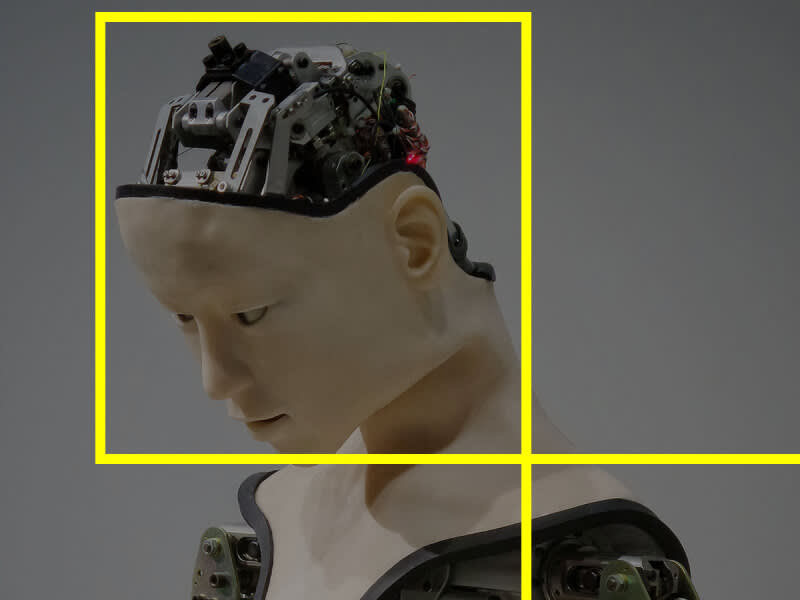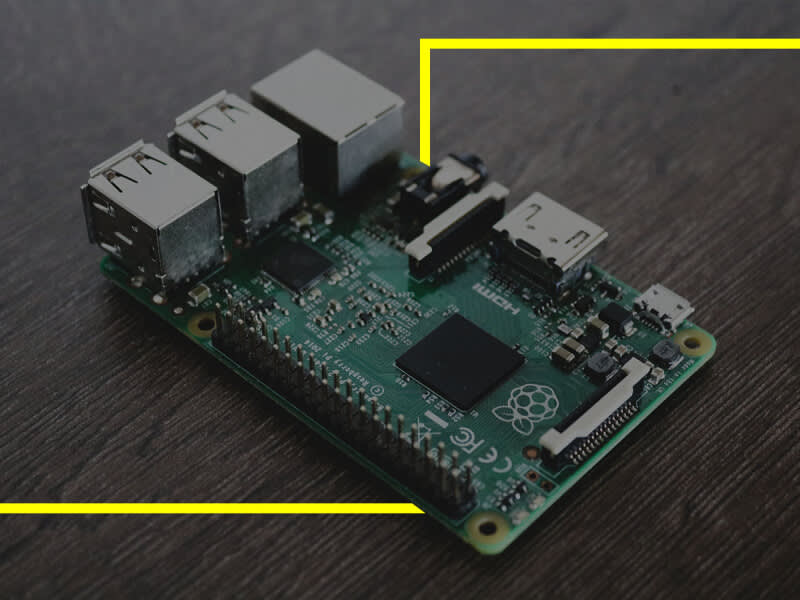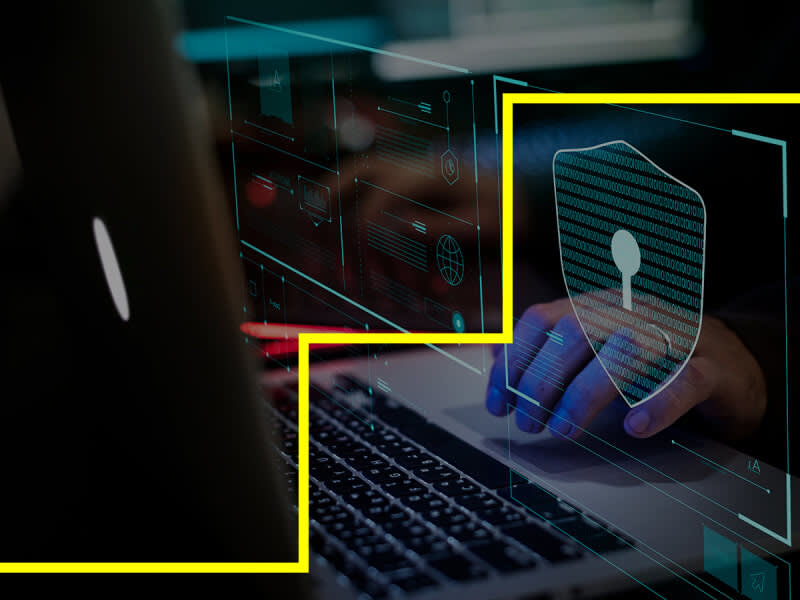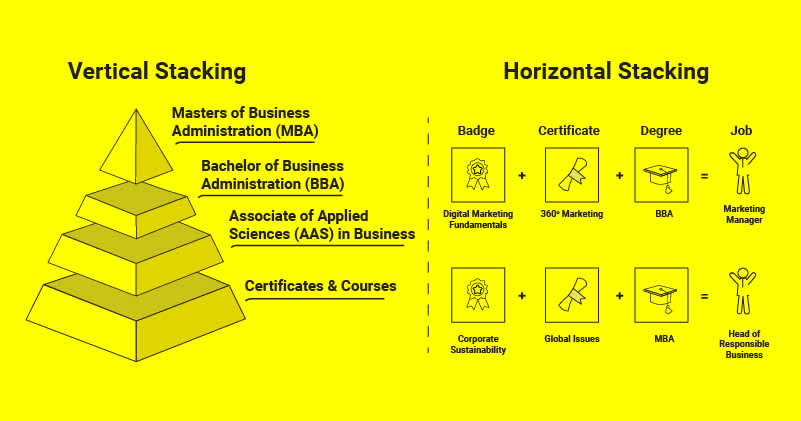
AIA2100 Introduction to AI
3 course credits
Introduction to AI highlights the goal of artificial intelligence, which is to create software that can perform reasoning tasks and solve problems in complex environments the way humans do. This course begins with an overview of the evolution of AI tracing its history from the work of Alan Turing to the current state of the art software. Learners examine a range of AI techniques and their applications in business contexts, including knowledge representation, both basic and heuristic search, probabilistic modeling with Bayesian networks, and natural language processing techniques. Class discussions and readings address the philosophical and ethical implications of developing and deploying AI systems in a range of contexts. In the culminating course project, learners identify a problem or task that AI could effectively address, select and evaluate specific AI techniques, and identify and evaluate potential ethical questions surrounding the solution.






